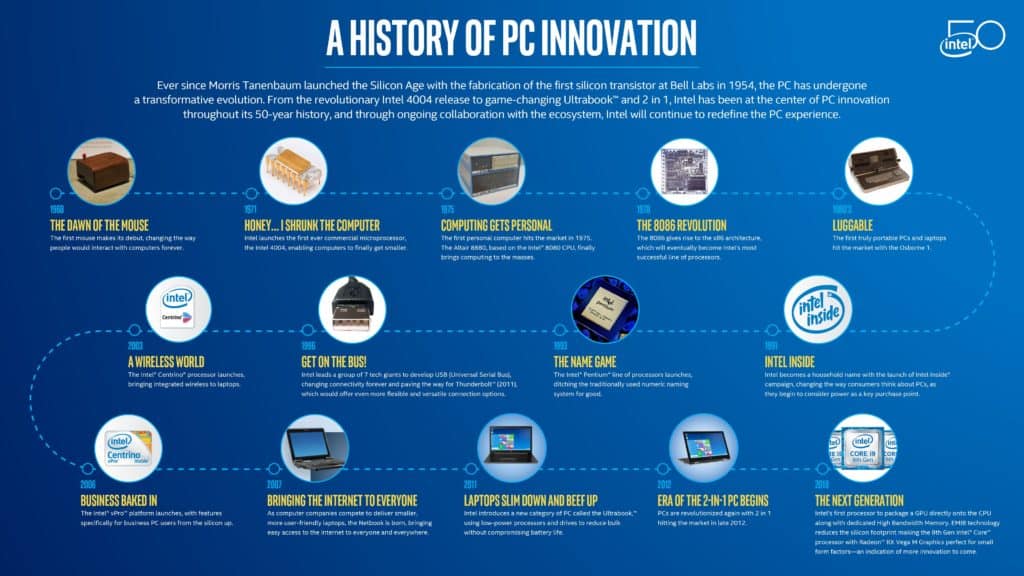Table of contents
Artificial Intelligence, often known as AI, is an emerging field that is set to revolutionise the world of technology. But is Artificial Intelligence the way forward? What exactly is artificial intelligence though? Artificial intelligence can be defined as any computer system capable of performing tasks traditionally thought to require human intelligence and beyond. The most commonly used form of artificial intelligence today is machine learning; a broad term for the study and implementation of algorithms that reveal patterns or trends in data without requiring explicit programming or hand-engineering.
As time progresses and innovative advancements in machine learning continue, it has emerged as one of the most exciting breakthroughs in computing today. But what really defines an AI? What exactly makes a machine intelligent? We’re going to take a look at just that.
A “thinking” machine.
Intelligence is a system with both the ability to learn and process information in an intelligent way. In order to be considered intelligent, AI should be able to recognise and learn from past data, draw logical conclusions, process new information and perform tasks that are sometimes beyond the capabilities of humans.
To accomplish these tasks without human intervention, an AI must have an upper limit on its execution speed.? This limit can be measured or expressed as a number of “queries” (or operations) it can perform for every second in time.
For example, the human brain processes information at a number of hundred quires per second. This means that it can query one piece of information, analyse it and then draw a conclusion before performing the same task again with another piece of data. To put this into perspective, if we assume that one “query” is equivalent to one second, this means that the human brain can process approximately 3600 quires in a day or 1060 queries in an hour.
We certainly aren’t there yet. We’re still a long way from achieving that level of mastery over information and processing speed but what we do have available AI to us today is pretty impressive than in the previous decade.
Just how impressive is AI today and how does it match up against human intelligence?

This infographic from Intel is a great way to visualise just how we’ve come from the first modern computing systems, through the invention of the microprocessor and then breaking into an entirely new realm of processing power with AI.
As you can see, modern-day microprocessors still pale in comparison to even what we could call “simple” forms of artificial intelligence. Even so, we can clearly see that artificial intelligence technology is set to revolutionise the world of processing as we know it in a very short time.
Is Artificial Intelligence The way forward?
So, we’ve established that AI is a lot more capable and intelligent than most modern-day microprocessors but what exactly can we expect in the future? The infographic above gives you a brief overview of just how far we’ve come. We’ve reinvented every aspect of computing to make way for artificial intelligence and its ever-growing capabilities.
Some experts have predicted that by 2040, the majority of all human jobs may have been replaced by machines. This doesn’t mean this is going to happen overnight though and it’s certainly not something we should be afraid of if the transition is managed responsibly.
Are there any benefits?
An increased role for artificial intelligence in the workplace has many benefits. By removing unnecessary human tasks, the work environment can be made more efficient and productive. But, will AI lead to unemployment? No – AI only causes jobs to disappear when humans choose to make that choice.
More and more people are turning towards freelancing as a viable career option and AI is gradually doing all it can to assist us in making this choice a reality. In the future, we’re all going to be able to do whatever it is we want whenever it suits us without ever having to leave home or take time off from work. AI will help us every step of the way.
So, what can we do now?
Now is the time to start getting educated and keep up with the most up-to-date news on AI developments. The future is coming fast but it won’t come a moment too soon.
Artificial Intelligence, is the next great frontier. It is not only a way to make computing faster, but also to make human life easier as it will be working day-in and day-out.AI can help us understand the world around us much more than one’s imagination. It will be there for everyone to see and use effortlessly & quickly.
What are your thoughts?
Do you think AI is here for the better?
Conclusion
The future of AI is bright, bold and greatly exciting. What we have today is a great leap forward from where we were just several years ago. What’s next? Who knows? One thing that is for sure is that what we have now can certainly take us a lot further than it did just a few years ago. Artificial Intelligence will enable us to make history and set us in motion for a new future ripe with possibilities.
You might be interested in top technology trends that will change the coming decade.

